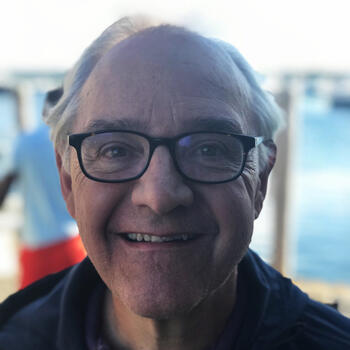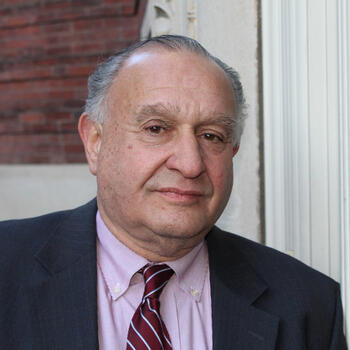Dr. Magen’s current research examines limited statehood, governance failures, and political violence in the international system, and his book on the subject is forthcoming from Stanford University Press. During his time at Stanford, Dr. Magen will be based at FSI’s Center on Democracy, Development, and the Rule of Law.
“I am thrilled that CDDRL will have the opportunity to host and welcome back Dr. Amichai Magen,” said Kathryn Stoner, the Mosbacher Director of Center on Democracy, Development, and the Rule of Law. “He was an outstanding contributor to the Center in its earliest days, and I know that he will be an outstanding inaugural Israel Fellow. I look forward to working with him again.”
In addition to his academic duties, Dr. Magen has also served on the executive committee of the World Jewish Congress, and is a board member of the International Coalition for Democratic Renewal, the Israel Council on Foreign Relations, and the Israeli Association for the Study of European Integration. He regularly briefs diplomats, journalists, and academics from around the world on Israeli political, constitutional, and geopolitical affairs.
“I am delighted to return to Stanford and engage with the many talented faculty and students on this unique campus,” said Dr. Magen. “FSI was my intellectual home as a graduate student at Stanford, and a model academic community that has shaped my subsequent career as a researcher and teacher. This is a real homecoming moment for me, and I am deeply grateful to be granted the opportunity to be a part of this wonderful community once again.”
The Visiting Fellow in Israel Studies program was launched in September 2021 with the generous support of Stanford alumni and donors. The search committee was led by Larry Diamond, the Mosbacher Senior Fellow in Global Democracy at FSI, and included other senior fellows from throughout the institute.
“In developing and anchoring the program over the next three years, Amichai Magen will bring a brilliant scholarly mind, a great love of teaching, and broad expertise on Israeli politics, society, public policy, and regional relations,” said Diamond. “In addition, he will contribute greatly to the research work of CDDRL with his expertise on governance crises, limited statehood, and challenges to the liberal international order.”
In addition to Dr. Magen, the Visiting Fellow in Israel Studies program plans to bring a second Israeli visiting fellow to teach and conduct research during the next academic year. Media inquiries about the program can be directed to Ari Chasnoff, FSI’s associate director for communications.






![Oleksandr Sereda [left] and Artem Romaniukov [right] during their campaigns for, respectively, city council and mayor in Dnipro, Ukraine in the summer of 2020.](https://fsi9-prod.s3.us-west-1.amazonaws.com/s3fs-public/styles/717x490/public/artem_romaniukov_ukraine_mayor.jpg?itok=AHyGRtgy)




![Oleksandr Sereda [left] and Artem Romaniukov [right] during their campaigns for, respectively, city council and mayor in Dnipro, Ukraine in the summer of 2020.](https://fsi9-prod.s3.us-west-1.amazonaws.com/s3fs-public/styles/1300x1300/public/artem_romaniukov_ukraine_mayor.jpg?itok=pgwenUv9)

















